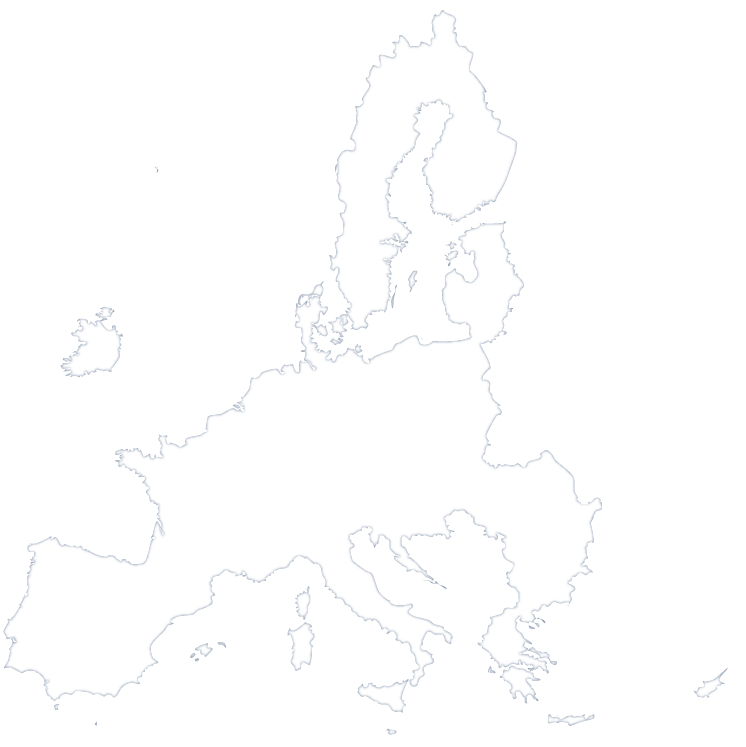European Union

The EU has been a key market for DCGG since our inception, serving as a crucial hub for cryptoasset businesses with a large user base across the 27 member states. The European Union's comprehensive and evolving regulatory landscape makes it a key region for our advocacy efforts. Through our team members’ vast network, year-long experience in EU policy making, and on-the-ground presence in Brussels, we actively engage with EU-level institutions, supervisory authorities, and national governments on landmark crypto files. These include the Markets in Crypto-Assets (MiCA) Regulation, the revised Anti-Money Laundering (AML) Package, the Data Act, the Regulation for Financial Data Access, and the DAC8 taxation proposal, among others.
Our activities in the EU involve contributing to the legislative process through the submission of suggestions in voting sessions, participation in public hearings, organising events, responding to public consultations, drafting joint letters with counterparties, and holding bilateral meetings with policymakers. The growing attention to crypto regulatory efforts within the EU underscores the need for a coordinated approach to ensure a balanced ecosystem.
Regulatory and Political
Developments in EU
The European Union (EU) is leading global efforts to regulate cryptoassets by creating a harmonised framework across its member states while fostering innovation. The EU’s approach balances the benefits of digital finance with the need to protect consumers, ensure financial stability, and maintain financial system integrity. Recognizing the potential of cryptoassets for economic growth, EU policymakers are focused on mitigating associated risks.
Key initiatives include:
✔️ Markets in Crypto-Assets (MiCA) Regulation: MiCA is the EU’s flagship regulation, covering cryptoasset issuance, exchanges, custody, and consumer protection. National regulators will supervise and enforce these regulations, coordinated by the European Securities and Markets Authority (ESMA). Further developments are expected via MiCA II, which will apply to additional parts of the cryptoasset industry (e.g., DeFi, NFTs).
✔️ Pilot Regime for DLT Market Infrastructures: This initiative promotes innovation by allowing temporary regulatory flexibility for distributed ledger technology (DLT) in financial markets, helping assess its benefits and challenges.
✔️ Anti-Money Laundering (AML) Package: The EU has integrated cryptoassets into its AML framework, proposing a new EU-level AML Authority (AMLA) to enforce rules across the Union. Crypto service providers must implement robust AML measures.
✔️ Digital Operational Resilience Act (DORA): DORA enhances operational resilience by mandating cybersecurity and ICT risk management for financial entities, including cryptoasset providers.
✔️Capital Requirements Directive (CRD V) and Regulation (CRR II): These address the prudential requirements for banks and investment firms, ensuring they hold sufficient capital against potential cryptoasset losses.
The EU’s regulatory efforts aim to lead in digital finance while ensuring consumer protection and financial stability. Although these regulations support innovation, they also pose significant compliance challenges for the crypto industry, potentially influencing global standards. Engagement on the application and developments of MiCA will increasingly become more important for industry participants.
Our Team in EU






